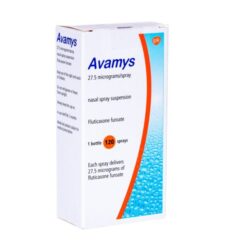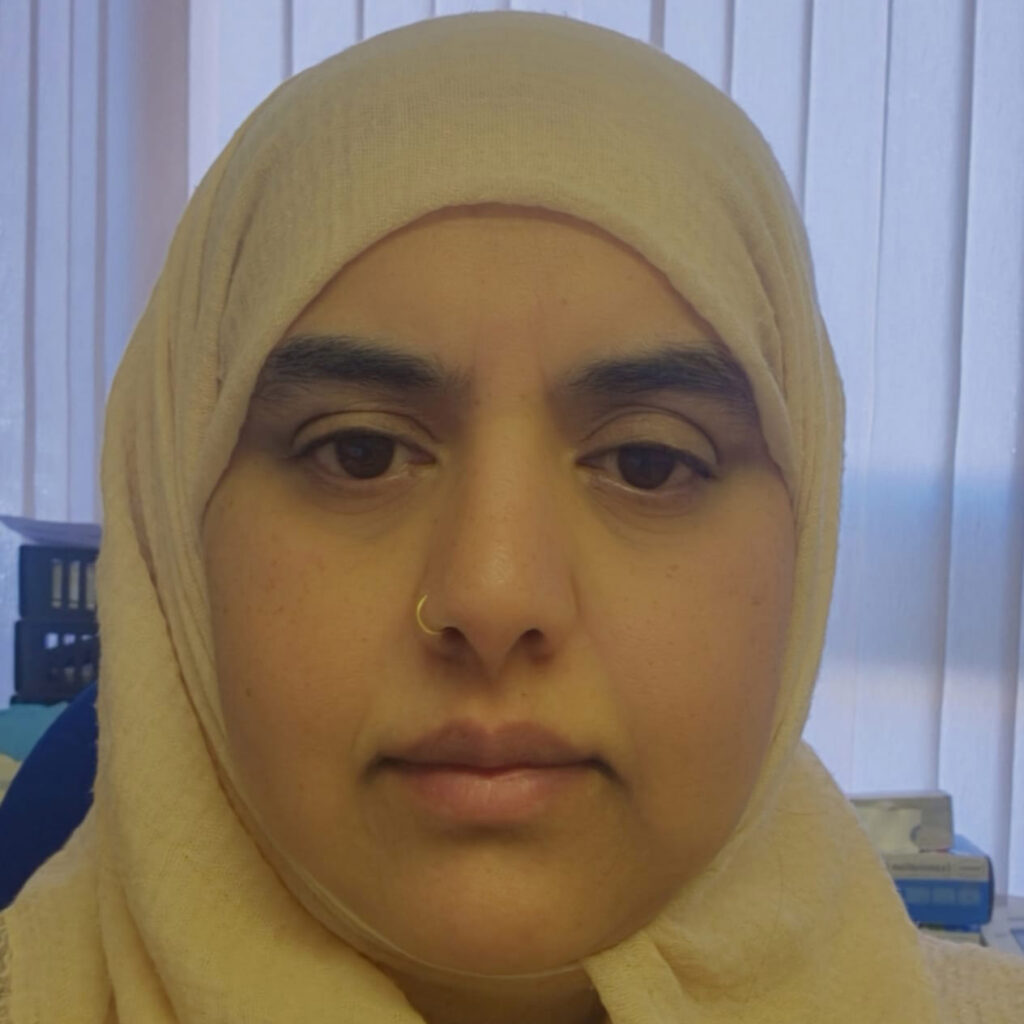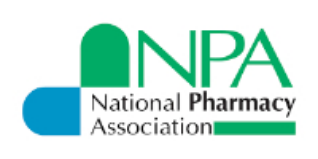About Sinusitis
What is sinusitis?
Sinusitis happens when the small, air-filled spaces behind your cheeks, eyes, or forehead become swollen or blocked. It often follows a cold or flu and can leave you feeling stuffy, sore, and tired.
There are different types:
- Acute sinusitis – Comes on quickly and usually clears up in a few weeks.
- Subacute sinusitis – Lasts a bit longer, up to three months.
- Chronic sinusitis – Continues for more than 12 weeks and may keep coming back.
- Recurrent sinusitis – Means you get sinusitis several times a year.
While many cases clear on their own, some need treatment, especially if symptoms last more than 10 days or get worse. Relief is available, and you don’t have to manage it alone.
Symptoms of Sinusitis
Sinusitis can feel like a heavy cold that just won’t go away. Common symptoms include:
- Nasal congestion or a runny nose
- Pain, inflammation or pressure around your cheeks, eyes or forehead
- Pressure behind your eyes
- Toothache
- A headache that gets worse when you lean forward
- A high temperature
- Tiredness or feeling generally unwell
- Bad breath or a reduced sense of smell
What causes sinusitis?
Sinusitis is usually caused when the small, air-filled spaces in your face (sinuses) become blocked. This often happens after a cold or allergy flare-up, when the delicate lining inside the sinuses becomes swollen.
When the sinuses can’t drain properly, mucus builds up and creates pressure, which can lead to infection. Bacteria may grow in the trapped mucus, especially if the blockage lasts more than a few days.
Common causes include:
- Viral Infections – The most common trigger, usually clears without antibiotics.
- Bacterial Infections – More likely if symptoms last over 10 days or get worse.
- Allergies – Can irritate the nasal lining and lead to swelling and blockage.
- Structural Problems – Nasal polyps or a deviated septum make drainage more difficult.
Sometimes, sinusitis can also follow dental infections or be linked to irritants like smoke or pollution.
How to Treat Sinusitis
Most mild sinus infections can be treated at home by resting, staying hydrated, and using a warm compress to ease discomfort.
For more troublesome or longer-lasting symptoms, acute sinus infection treatment may include:
- Nasal sprays – These help reduce swelling and clear the sinuses.
- Saline Solution Rinses – Squirting a sterile saltwater solution into the nose helps clear the sinuses.
- Decongestants – Ease a blocked nose and relieve pressure.
- Pain Relief – Like paracetamol or ibuprofen to reduce pain and fever.
- Antibiotics – Prescribed if a bacterial infection is likely and symptoms are severe or not improving.
With Click2Pharmacy, you can get treatment quickly and easily. Just fill in our simple online form, and if suitable, our pharmacist will approve your treatment and have it delivered straight to your door.
Preventing Sinus Infections
While you can’t always avoid getting sinusitis, there are steps you can take to lower your chances:
- Wash your hands regularly to reduce the risk of catching colds and viruses.
- Treat allergies promptly to prevent nasal swelling and mucus buildup.
- Stay hydrated to help keep mucus thin and easier to clear.
- Avoid smoke and pollutants, which can irritate the sinuses.
- Use a humidifier if your home is very dry, especially in winter.
- Rinse your nose with a saline spray or solution to clear allergens and irritants.
These simple habits can make a big difference in keeping your sinuses healthy and reducing flare-ups.












